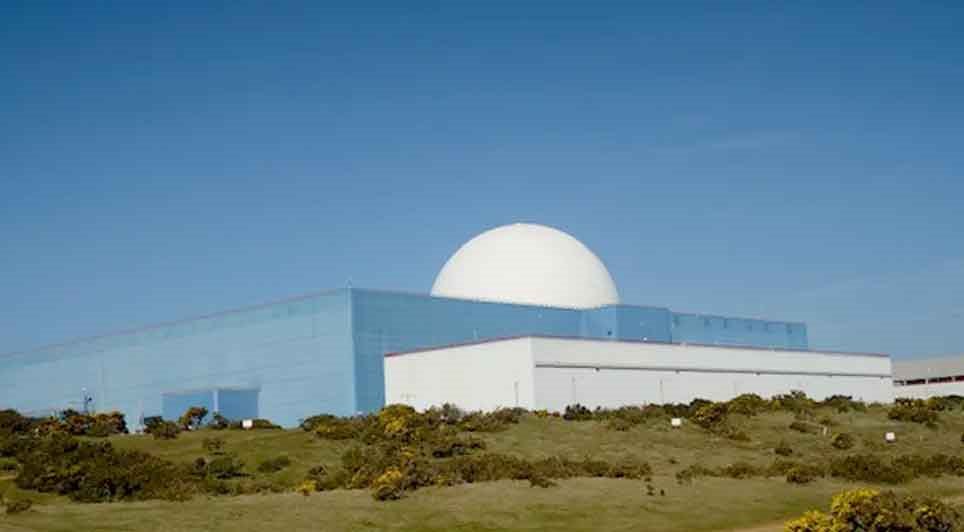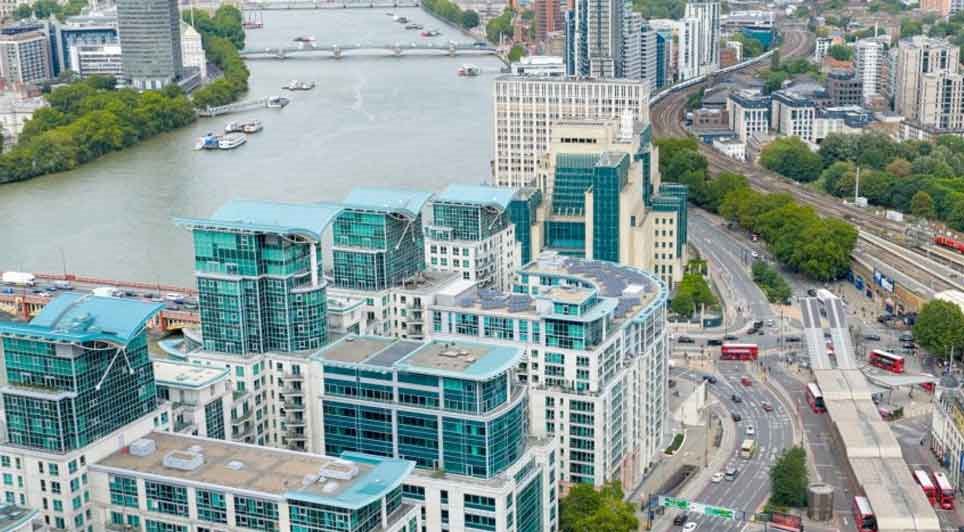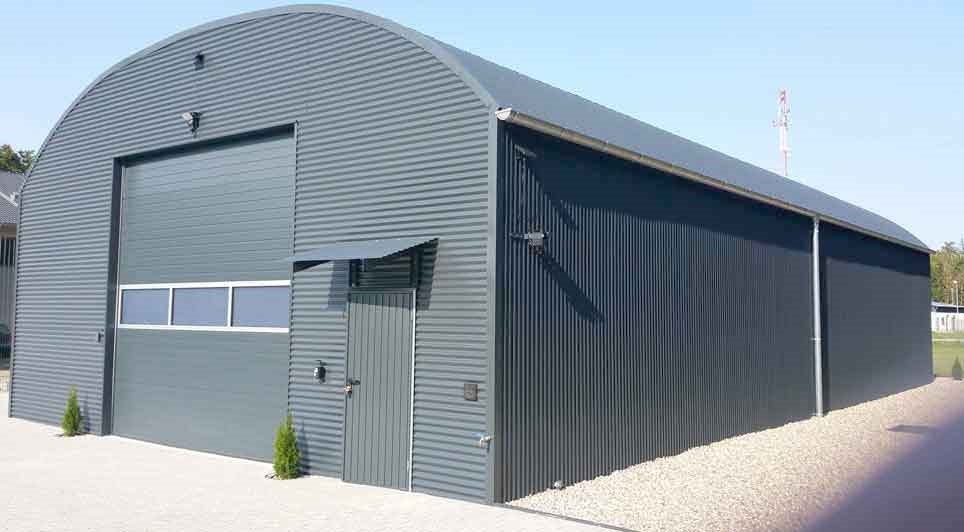In a speech Centrica CEO, Sam Laidlaw has called for an honest and transparent debate with Government, consumers and businesses about the long term challenge of keeping the lights on and reducing the UK's carbon emissions.
OFGEM, the UK's energy regulator, has said the investment required to ensure UK energy security and to decarbonise the power industry to 2020 could see consumer bills increase by anything between 23 and 52 per cent.
However, an opinion poll, commissioned by Centrica, found that while one third of respondents were willing to pay an additional £100 on their annual bill to ensure decarbonisation and security of supply, only 1 per cent would be prepared to pay an extra £500. The survey also found that only 25 per cent of respondents felt it was vital for the government to stick to plans for creating a low carbon power industry if it led to higher bills.
Speaking at the Economist energy summit, Sam Laidlaw said: "We are rapidly approaching a tipping point in the energy story of this country and there is a risk that society is not being realistic about the path ahead."
"Over this next decade three forces are coming together - our growing dependence on increasingly volatile world energy markets; our commitment to make serious cuts in carbon emissions; and our obligation as a society to ensure that energy remains affordable at a time of huge pressure on household incomes."
Commenting about the costs of decarbonising the UK economy and the major structural changes that will be required he said: "There is a real danger of a disconnect between reality and popular understanding."
"I believe that low carbon is the right route to take. It is also the established policy of all the major political parties. But the public needs to know the price; and the public needs to take ownership of the decision, along with the energy companies and the Government."
The survey also found that 82 per cent of respondents said they were worried about the UK's increasing dependency on imported gas. The UK currently imports around 50 per cent of the gas it requires with this projected to rise to 75 per cent by 2020. Ageing power stations are approaching the end of their operating lives - all but one of the current fleet of nuclear power stations is due to be shut down by 2023 and 29 per cent of current coal fired power stations will close by the end of 2015. Overall by 2020 the UK will need to replace 30 per cent of its current generation.
Mr Laidlaw continued: "As power stations are retired they need to be replaced by low carbon generation, however all these technologies have significantly higher capital costs than conventional generation. All require some degree of incentive and a support mechanism."
"These changes are largely being driven by Government policies to make sure that we have a sustainable energy market in the decades to come. And the effects are already beginning to feed through to the cost of energy. So-called "non-commodity" charges have risen by nearly 10 per cent this year and will continue to increase well into the future."
(CD)
 UK
UK Ireland
Ireland Scotland
Scotland London
London





















